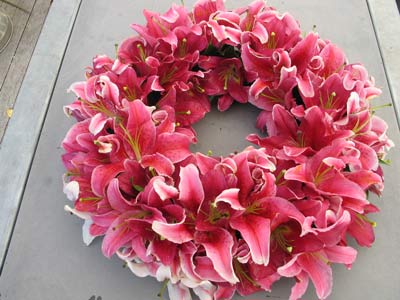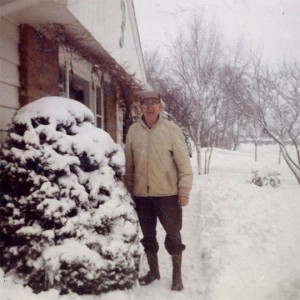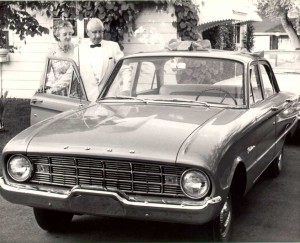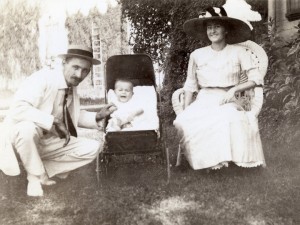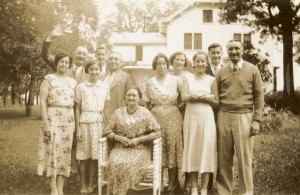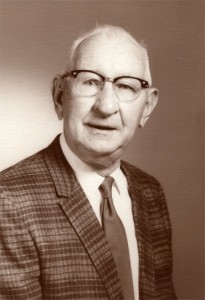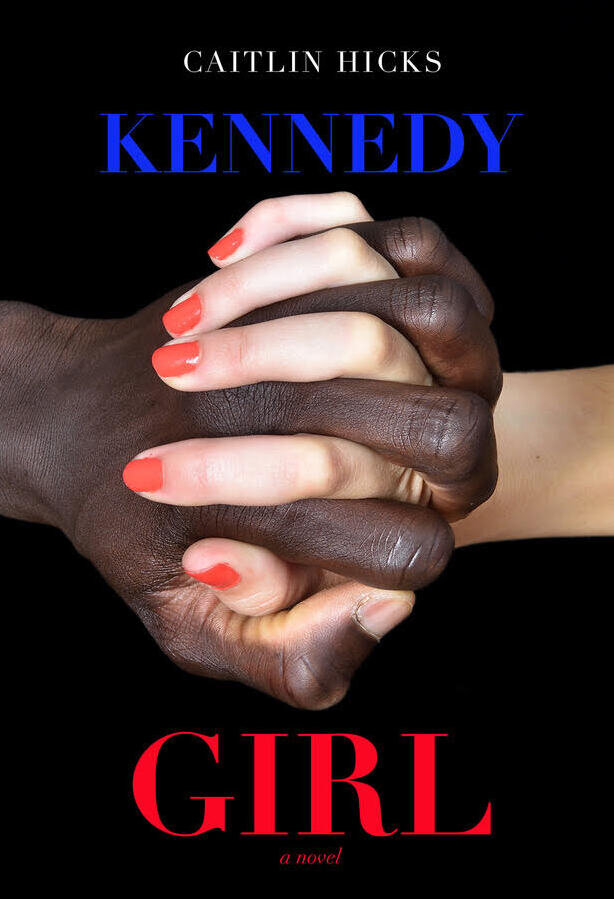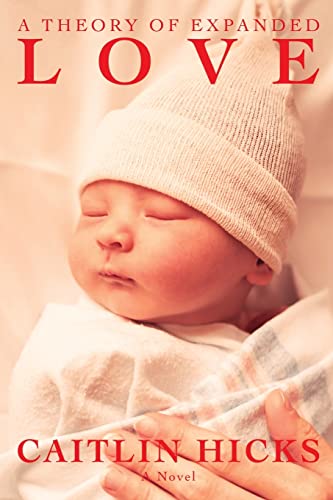Published in Catalyst Magazine, December, 1973
YOU CAN TELL a lot about a man on the day of his funeral. When the church is packed with people and flowers, he’s probably young, illustrious, or wealthy.
If the coffin carries a student into the cemetery, the entire school attends, or nearly, shocked out of their heads by the closeness of it. Death is so novel to youth, and its spectacle at a funeral has a curious, alluring force. Anyway, everyone else is going, and even if you never knew the guy, you can dig out little memories abou thim just ot make the impact greater for you without really having to feel it. Then what do you do? Stand around in baffled silence like you just got the wind knocked out of you or something. You stub your toe or bite your tongue and feel the pain just to remember you’re not in that box.
INCOMPREHENSIBLE, death. I mean, it’s so terribly final.
Anyway, you can tell a lot about a man on the day of his funeral. Renowned fellows, especially if they’ve been assassinated, have scores of mourners. People all over the nation tend to glorify these men until they become dead heroes, and generally, for about half of these, their memories die along with the bouquets.
I’ve never been to a rich person’s funeral, but I have seen accounts of it in movies, and all I can gather is that some people are glad he died and some are genuinely broken up about it.
I’ve been so several regular funerals. Usually old people don’t have that many friends left living, and their funerals are pretty simple. All the rest fall into about the same category.
When I was in fourth grade, my grandpa came, from his home in Wisconsin, to visit the family.
While he was here, he built two benches and a picnic table big enough for all twelve of us. He fixed everything that needed fixing from light fixtures to broken down mop boards. And though our house was perpetually messy (due to the fact that Mother was constantly pregnant, and we were constantly kids), the only thing that annoyed Grandpa was the nose paper scattered indiscriminately around the house.
To be perfectly honest, I’m not sure just exactly how Joseph A. Prudell endeared himself to this family of his grandchildren.
For one thing, though, he and mother had something going, that was certainly new to us. He called her ‘Marcie’; she called him ‘Poppa’ and listened to everything he said with an expectant excitement, although I’m sure she’d heard everything at least once before. And did he ever rave about her! It was Marcie this, that and the other. Even when he said he spanked her, his eyes lit up in admiration. Well, we knew our mother was fine, but we certainly never had heard it put the way Grandpa put it. At first it took an adjustment to imagine our mother as anybody’s daughter; she was plainly our mother, and that was that. Anyway, as corny as it sounds, they were wild about each other, and pretty soon we got to be wild about him.
WELL, as stories go, grandpas go, and he was shortly off to the airport.
“Write your Grandpa a letter.”
“Okay, Grandpa.” He gave me a smack on the cheek; I accidentally bumped his hat off.
“What time will you get home, Grandpa?” Everyone talked at once.
“Help your mother clean up this house.” He caught someone’s attention and offhandedly preached about the nose paper, for about a minute. The boys helped with his bags; Mother stoff at a distance somewhere, her eyes just a little bit wet, sort of happily, sort of sadly observing thewhole, confused, haphazard departure.
We all promised to be prolific letter writers. We waved him goodbye, yelled at every plane that flew overhead that day, and then went back to our daily lives and began to carelessly forget him.
Well, just about. Mother found me in the bathroom, crying, simply because I couldn’t handle the thought that I’d never see Grandpa again. I mean, to a ten-year-old, seventy-five is a heck of a lot of living to be doe with already. I was sure he’d die in bed of old age before I had the chance to see him again. Anyway, the only other time I can remember feeling so bad was when my cat got run over by a motorcycle after my ballet class.
For the past ten years, Grandpa’s been between seventy five and eighty five and still lightly shuffling around in the same spankin’ house in Wauwatosa. He had a garden of flowers, garden chairs, green grass, a crummy view of the neighbor’s backyard, and a weather vane which he made himself. Between naps on good days, Grandpa lived out in the garden. Esther didn’t work everyday and sometimes whens he did, he was alone. But he fit okay alone, because wherever ther was life he was okay. The Gaulke grandchildren came in ones or twos to visit him after school, or in the afternoons in summer, just for the heck of Grandpa. If gophers were rempant, someone pulled out the B.B. gun and the grandhchildren tried their hand at it, for sport mostly. I think. When I was there, they really got one. I was a bit put off by it, but I couldn’t say anything, because they’re hunters. There’s something about hunters you can’t touch, even if you do like gophers.
WHEN I went to visit, Grandpa never stopped off at a drive-through, and swore he wouldn’t, no matter how far he was from home, no matter how hungry he was, and to my discomfort and disbelief, no matter how hungry I was. But he did pull over for homemade jellies and jams at a makeshift stand on the side of the road, the same day. That’s the way he was.
He believed in big breakfasts, though, or at least good ones, and he got up early enough to eat them, and still have three-fourths of the morning left. One morning at 9:45, Grandpa had already eaten, was dressed, and was messing around in the garden. In fact, it was he who roused me from a case of the heavy lashes and lids by singing some tune in the window about a sleepy-head who rose so late she was unable to eat her breakfast and go to Racine with her grandparents. He made it up just then, and delivered it in the style of Jimmy Durante.
Grandma and Grandpa were quite the couple, too. She drove him everywhere, except to church on Sundays, because they went to different churches. His driving was restricted, because at his age, if he were in even on slight accident, his license would be revoked, and Esther said, “He’d feel like he was on the shelf.” (I rode with him to church and it ought to be revoked, he drives so fast.)
Well when Grandma drove and there were others in the car, Grandpa liked to show off. He sat in the shotgun seat and “concentrated” on the driver. I mean he stared at Esther; she faced front, tried desperately to keep her mind and eyes on the road, and he came close to her face, just staring, with a perfectly straight expression. She was never quite sure what he would do, which was nothing, so she got nervous.
“Joe, stop that.” Nothing doing.
“Joe, I’m trying to drive, stop that.” I was absolutely beside myself with laughter in the back seat; he still sat, stone silent, mesmerized.
“Grandpa, what are you doing?” No answer. I couldn’t stand it either. And poor Esther.
“Joe!”
Grandpa kept it going, only you get the idea it was kinda old. Finally, he sat back in his former position, without a word.
Grandpa and Esther were married when Grandpa was in his sixties, at the disapproval of nearly everyone of his children and relatives. Apparently, Grandma Marie wasn’t dead but a couple of years, and he started getting lonely. The accounts of their courtship intrigued me, because they were so, well, old, to be getting married. Grandpa came after Esther in such a fashion that you’d think he was twenty-five or something. On their wedding night, he got a ticket for speeding in a strange town.
THE DAY we went to Racine, we stopped off at the cemetery where Grandpa Marie was buried, for a visit. Right next to her was a plot for Grandpa. I wondered for a second what was to become of Esther, but Grandpa filled mein on their future all the way up to their judgement day.
“I’m gonna heave a huge rock on Esther’s grave, right there, over the fence.” He pointed to the graveyard across the street.
“Yes sir. If she doesn’t get up, I’m waking her up.” And they laughed about it just as naturally as if they were looking forward to it or something. Here’s a photo of him with Marie and their first baby, Harold.
That’s the way he was. You felt peaceful with him, but he didn’t give you a moment’s peace. Well, here’s an example: Esther and I were fervently watching Truman Capote on one of those talk shows, and Grandpa was feeling frisky. So between comments on everything that was said, he got up in front of the screen and danced, for crying out loud! Which was exactly what we did because we had just missed what was said on the television.
There he is, waving in the back row.
Well, now I miss him and could care less for Truman. When I left that summer, I was really anxious to get back and see all the familiar stuff. But by the time we got to the driveway of our house, I was already back in Wisconsin, our Grandpa’s basement, fooling around with his tools. A letter from him, decorated with an umbrella or something appropriate, and a caption expressed my feelings: “Trying to keep the rain away.” He meant tears, probably.
“Dear Schmutzel, (cause he always called me Schmutzel) How are you doing back in your home in California? The house is so quiet without you. I call in all the rooms, “Where is my Schmutzel. . .Schmutzel!!! and you don’t answer. Jimmy Gaulke came by today and was asking about you.”
His letters were like that. He told me about his garden or about what Esther did that day; really simple stuff, that just tears you apart, wishing you were there to hear him cackle and chuckle.
WELL, anyway, that was all about five years ago. Since then, Grandpa gave up little things to time: deer hunting, first, then his driver’s license, and finally his health and a lot of weight. It’s just that I never really expected him to die, that’s all. I guess when I saw it in words, I had to believe it. And Grandma put it so well, and all.
“DAD had faded away to a shadow. He had little pain, outside of discomfort. His memory failed, but he knew us and was conscious until the last eighteen hours. My last response from him was three squeezes of the hand, meaning, ‘I love you’, and old sign of ours. This was after he could not speak and could not even open his eyes. I miss him just terribly.”
The peculiar thing about Grandma’s letter was that she focused much of her attention on his burial services.
“Our dear Poppa has been laid to rest next to his Marie. The funeral was one of the most magnificent I have ever witnessed.” Then she went on about all the people who came to attend him one last time, and how the honor guard changed every fifteen minutes. She described the bouquet from the children (with a ribbon and “Poppa” written on it) and the two eulogies, the night time ceremony and the service the next day, and flowes and flowers. His son, our uncle, Father Harold saying the Mass. Then she added sort of on the side:
“It had rained hard that morning, but not a drop fell on Dad’s casket. Just as the six grandsons carried him to the grave, the sun broke out.”
Well, I don’t know, funerals are funerals and grandpas are grandpas and I guess they both end up in the same place, the grave yard; but I think Grandpa did rather splendidly for himself. I mean he was an old man, not very famous and certainly not very wealthy. All his flowers are probably dead, but darn it, sometimes I still feel like he’s sitting out in his garden, waiting for a letter from his Schmutzel. I can’t explain it.
That’s just the way he is.
*
